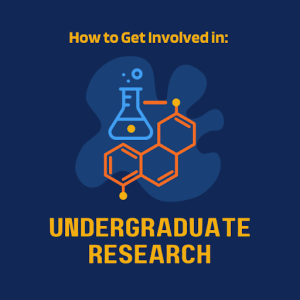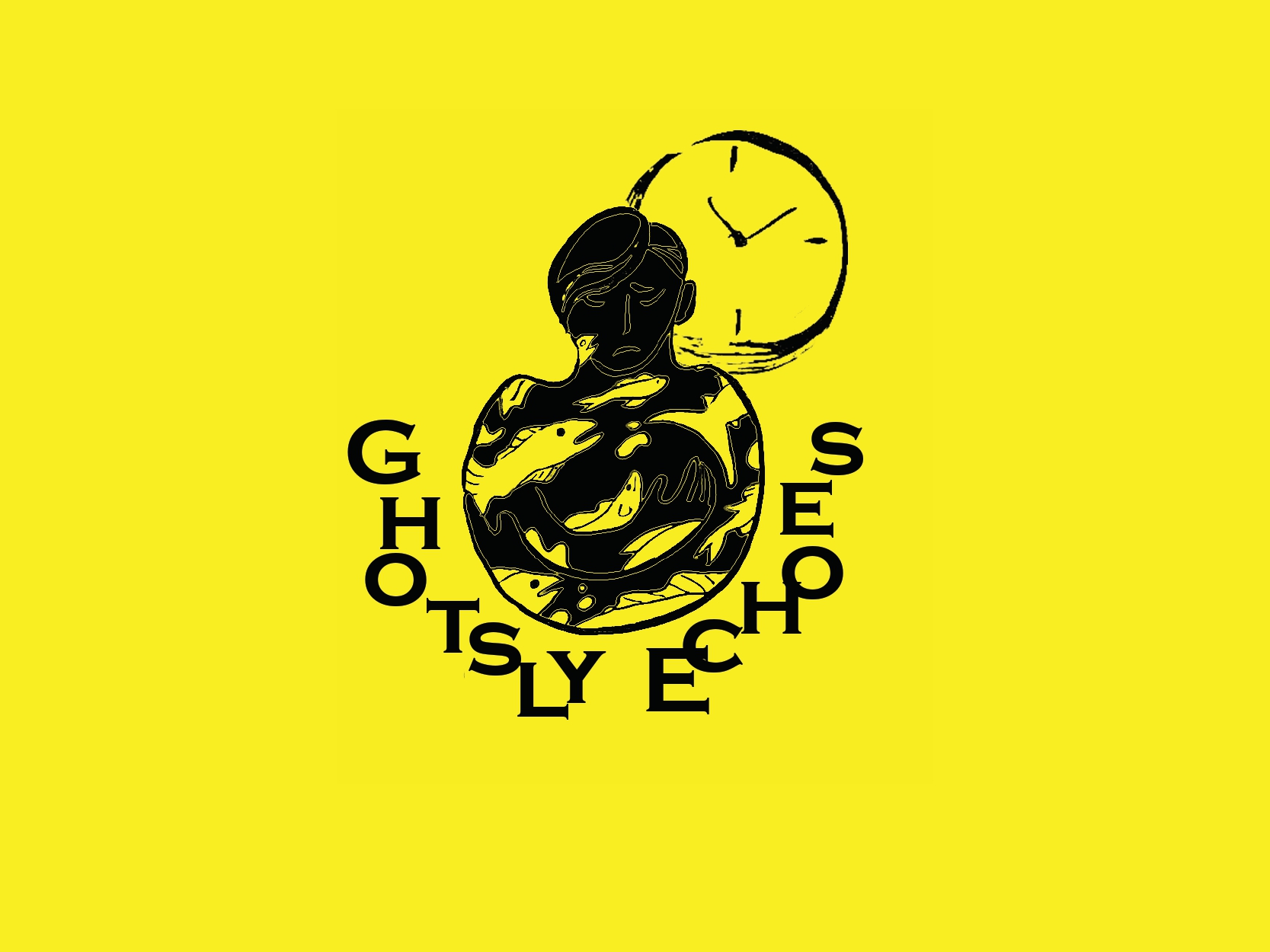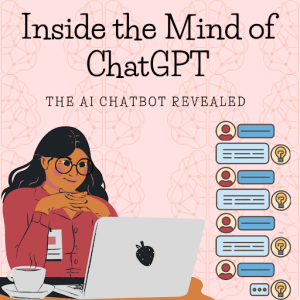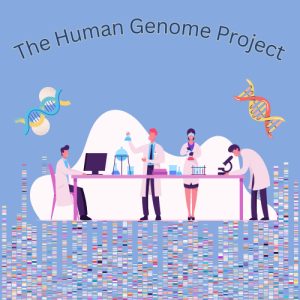By Ariane Tsai, C2ST Intern, University of Illinois Urbana-Champaign, Institute for Genomic Biology
If you’re a student pursuing a STEM field in college, you’ve likely heard of undergraduate research. But what is it, and how can you get involved? Undergraduate research offers students the chance to conduct experiments and investigations under the guidance of a principal investigator (PI) and their graduate students. In this article, I’ll share insights into undergraduate research and offer guidance on getting started.
Continue reading “How to Get Involved in Undergraduate Research”
By Camilla Liu, The University of Chicago
In the coastal town of Fukushima, where fishermen once proudly displayed their catch and children’s laughter filled the air, a somber mood now lingers. On August 24, 2023, Japan decided to release over 1.3 million tonnes of treated nuclear wastewater from the Fukushima Daiichi power plant into the Pacific Ocean over the next 30 years.
By Sneha Das, C2ST Intern, University of Illinois Urbana-Champaign, Institute for Genomic Biology
In this blog, I (SD) had an intriguing chat with an unconventional guest – ChatGPT. Throughout the interview, ChatGPT made it clear that it’s an Artificial Intelligence language model, lacking personal preferences, emotions, or real-time data. Yet, that doesn’t take away from the captivating nature of our conversation. If you want to get inside the mind of ChatGPT, read on…
Continue reading “Inside the Mind of ChatGPT: The AI Chatbot Revealed”
By Yun Zi, Illinois Institute of Technology; This is a class project in IIT guided by Dr. Nik Sultana
In today’s interconnected world, networks play a vital role in enabling communication and data transfer between devices. Network interconnection devices refer to any hardware that connects different network resources, allowing these various devices to exchange information through different protocols and technologies. This enables the sharing and seamless flow of information among these devices, facilitating mutual connectivity and data exchange.
Continue reading “Real-Time Monitor System in SDN via P4”
By Ariane Tsai, C2ST Intern, University of Illinois Urbana-Champaign, Institute for Genomic Biology
It only took four letters to shift scientists’ perspectives on life. For hundreds of years, scientists clung to the belief that proteins were the smallest building blocks of life, and many hypothesized that proteins stored genetic information within them. In 1953, a revelation of unparalleled magnitude shook the scientific community to its core. That year, the double-helical structure of DNA, formed with repeating subunits called nucleotides with four different bases- adenine (A), thymine (T), cytosine(C), or guanine (G), was discovered. The revelation of the existence of DNA transformed our understanding of biology and ushered us into a new era of scientific discovery. Since then, scientists have taken great strides in unraveling the mysteries of life, one of them being the biggest undertaking of the scientific community – the Human Genome Project.
Continue reading “Decoding the Key to Life: The Human Genome Project”
By Sneha Das, C2ST Intern, University of Illinois Urbana-Champaign
The smoke from the Canadian wildfires blanketed the Chicago skyline in an intense haze a few weeks back. The news headlines, air quality warnings, and my time indoors on an otherwise beautiful summer day made me wonder, how much do I know about wildfires? The outcome – this blog!




